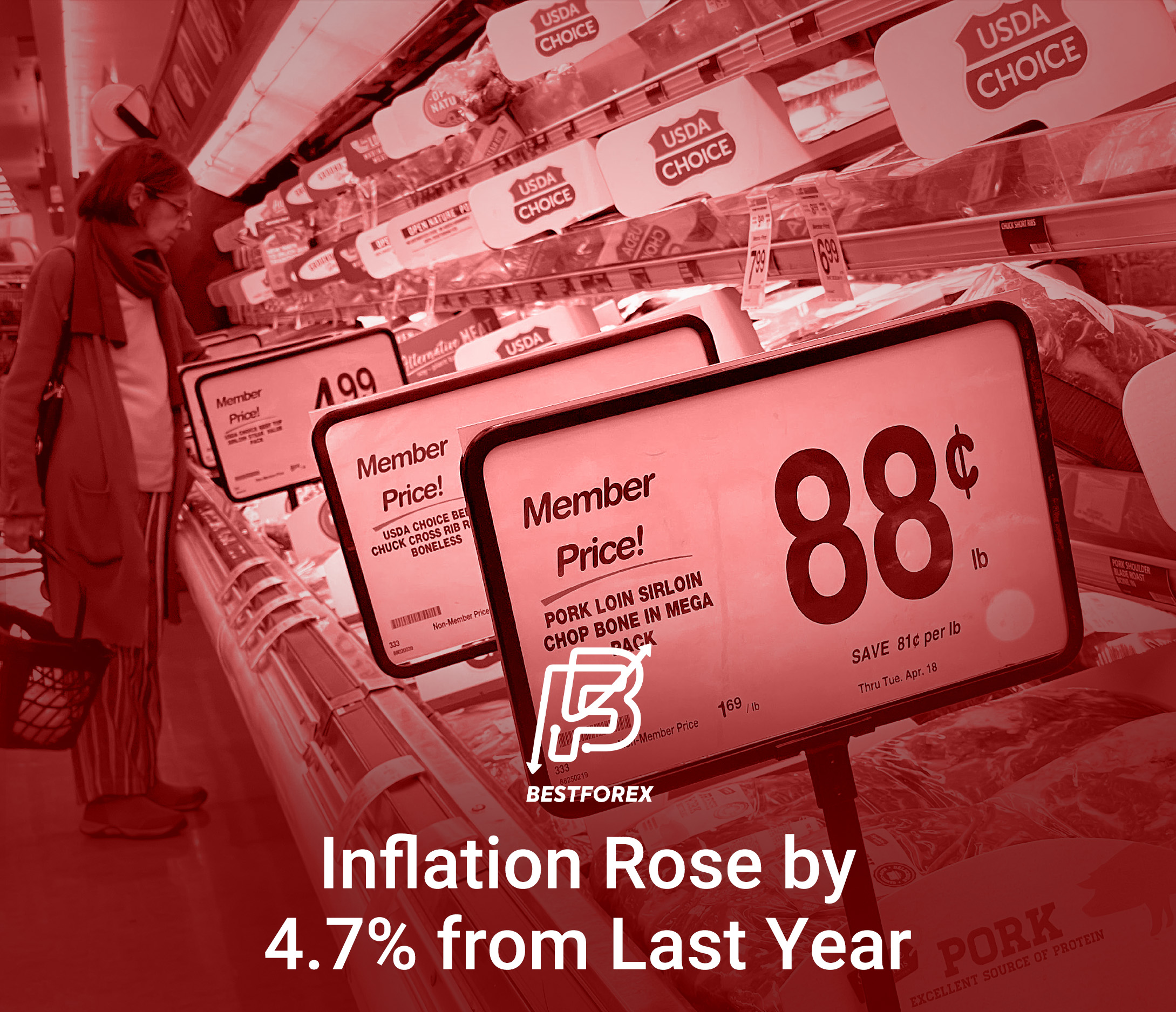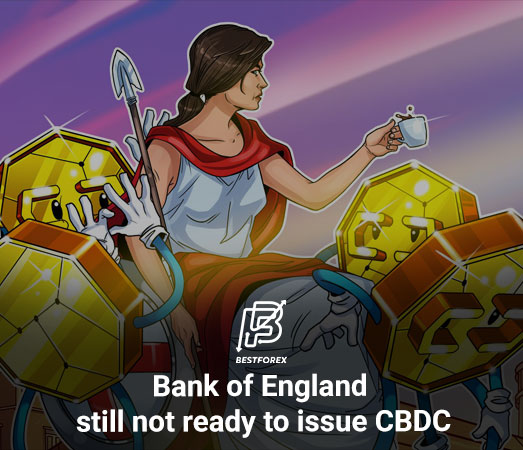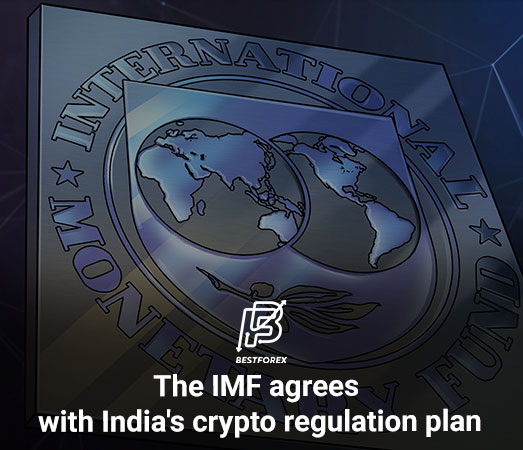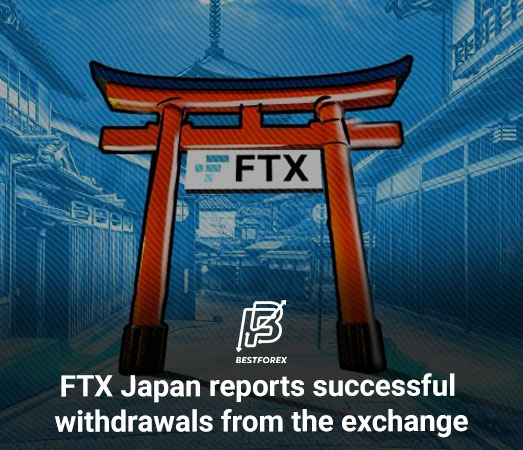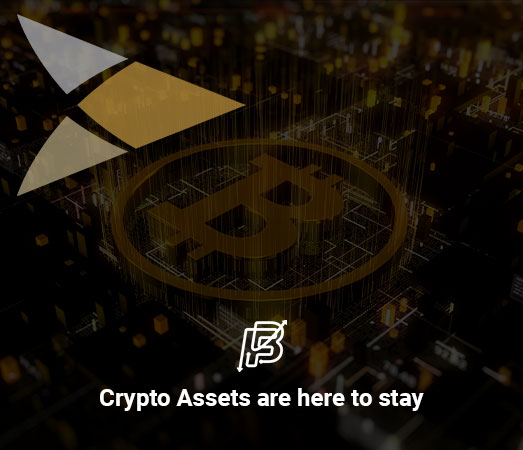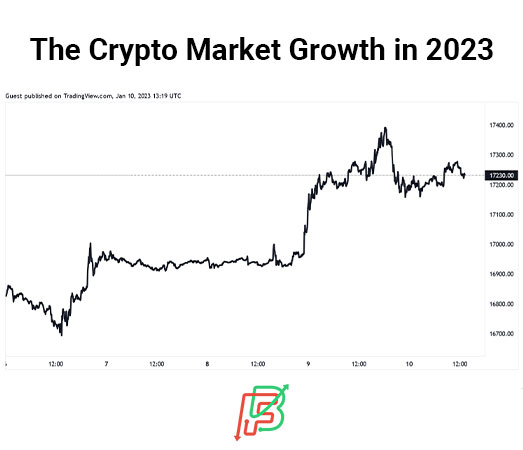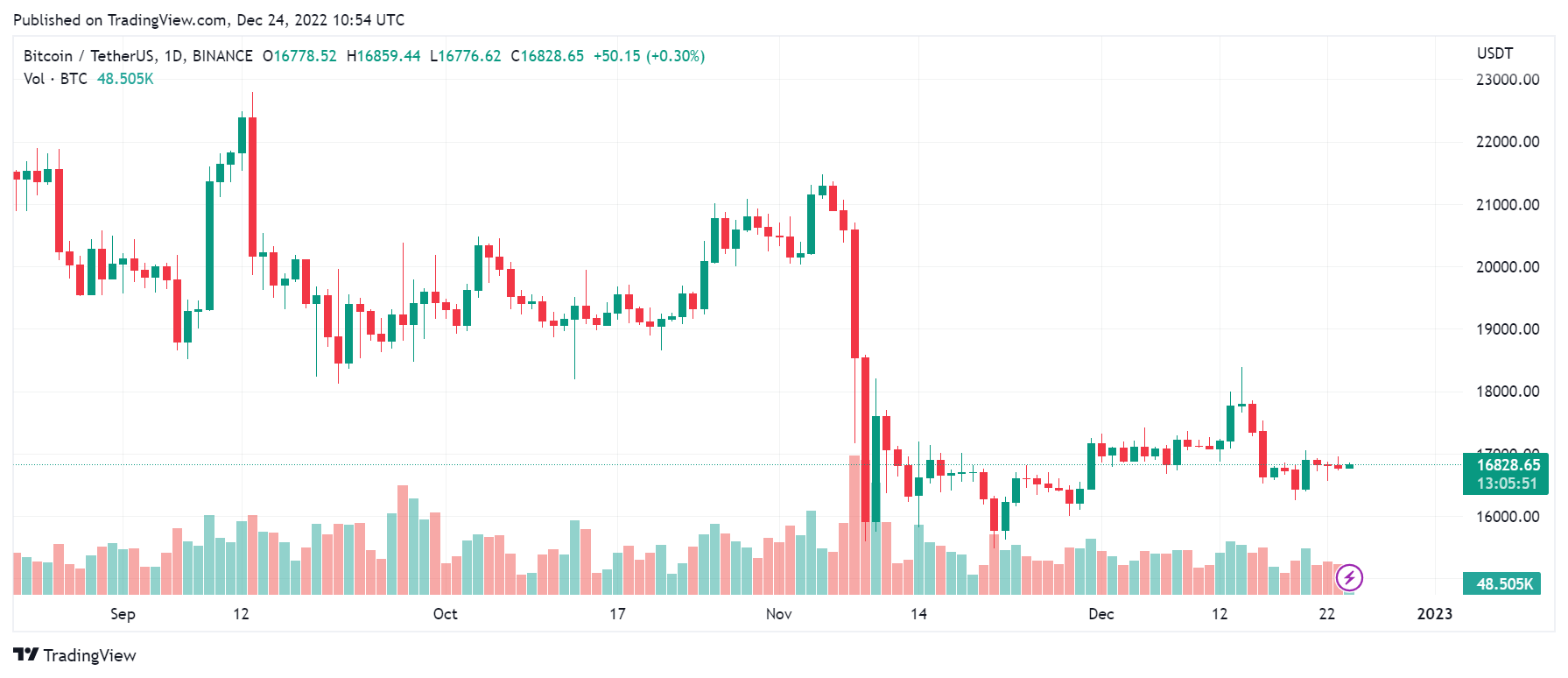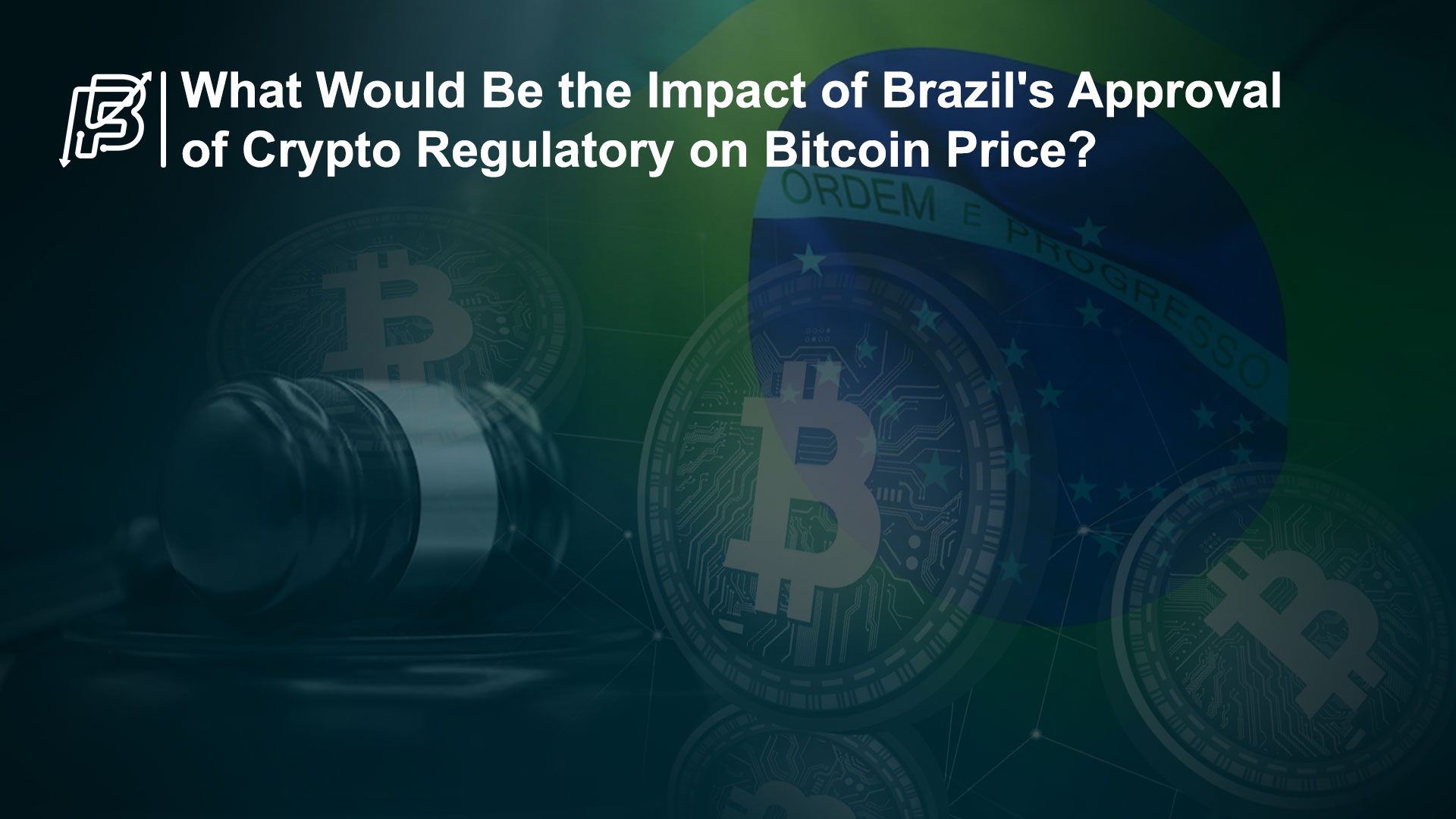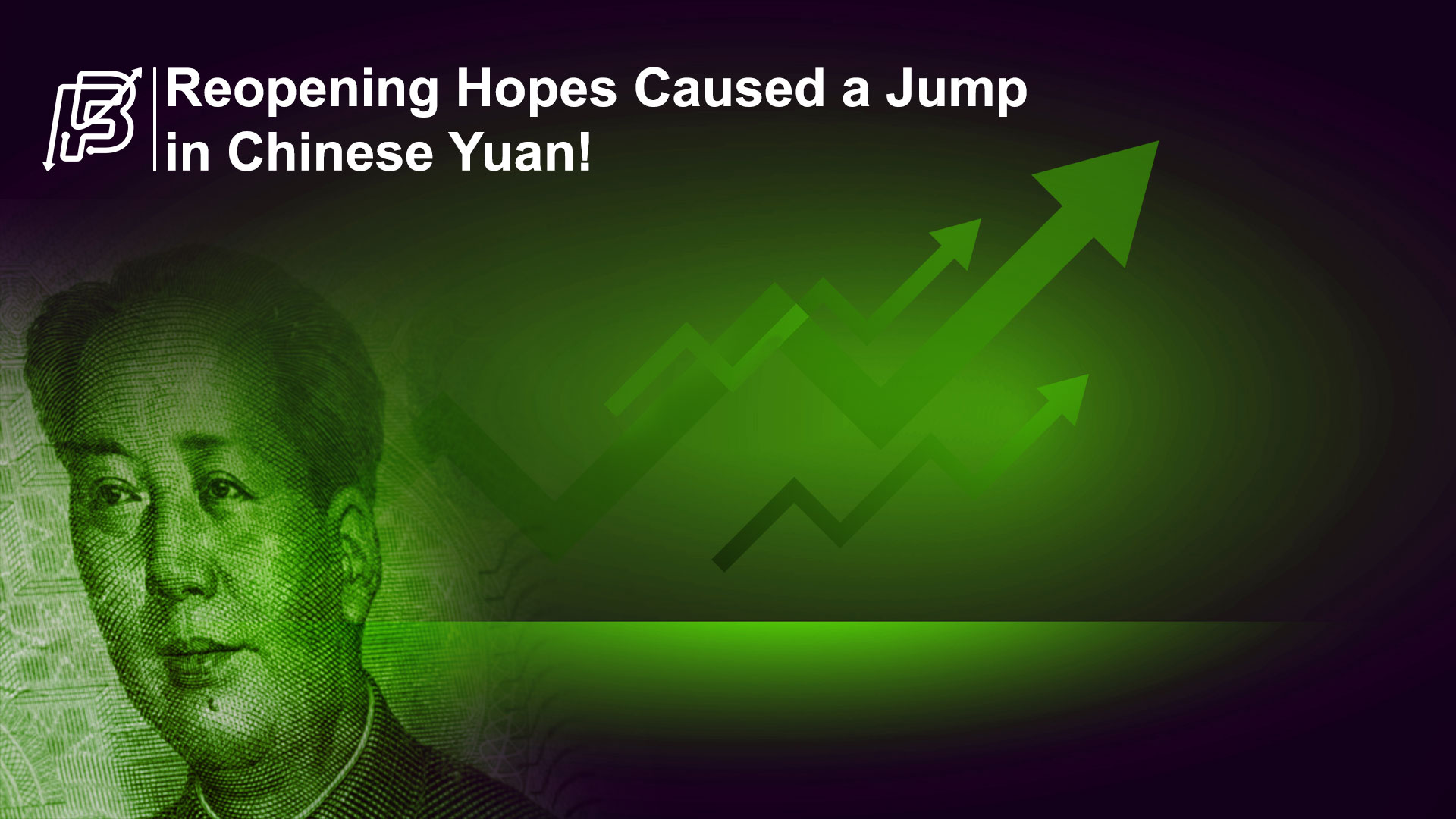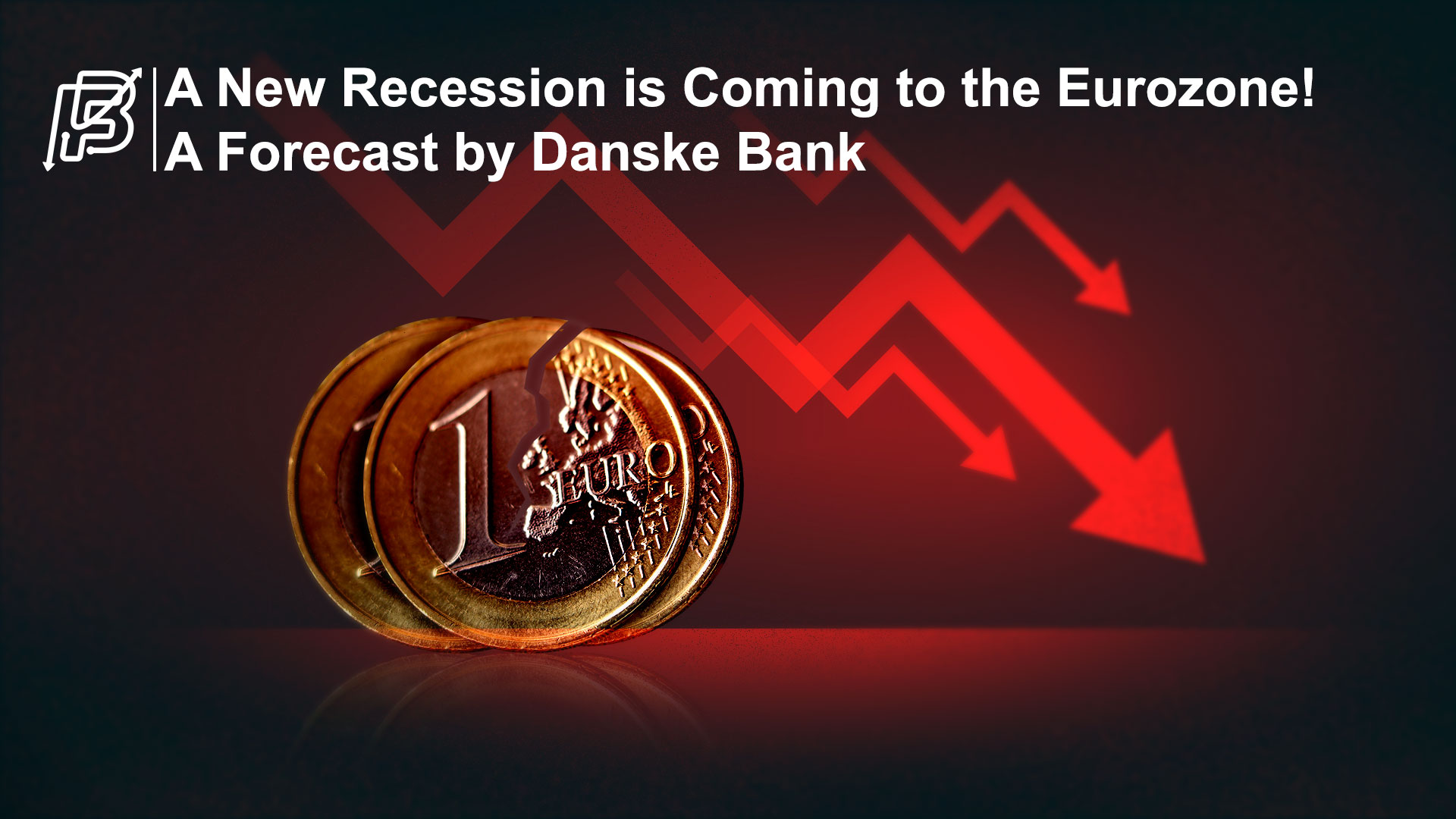
A downturn is coming with the winter again! According to economists at Danske Bank’s predictions, a eurozone recession seems challenging to avoid. In the following text, we have mentioned some of the reasons which they took into consideration:
Double Dip Recession in Eurozone
Supply-side shocks ready the market for an extended period of high inflation and lacklustre growth. As a result, a recession seems unavoidable, and we expect GDP to decline by 0.9% in 2023, followed by stagnation in 2024.
“The economic situation has deteriorated markedly, and we are heading into two-quarters of contraction,” said Paolo Gentiloni, the EU economy commissioner, at a press conference.
The EU’s executive revised his forecast of inflation from July and predicted that prices would peak at the end of the year and remain high in 2023. Brussels said that inflation would average 9.3% in the EU by the beginning of 2023 and 8.5% in the eurozone by 2022.
Elevated inflation pressures and the risk of de-anchoring inflation expectations will keep the ECB firmly in a tightening mode. As a result, rate cuts could be on the cards in 2024, but they cannot be admitted confidently and certainly.
Europe’s most considerable fragility comes from the (geo)political front and a renewed flaring up of the energy supply crisis or new COVID-19 outbreaks by entering the following winter. On the other hand, upside risks to the growth perspective arise from private savings related to pandemics, buffers, fiscal measures and accelerated investment spending.
We can address Low Productivity and Adverse Demographic trends through Structural reforms. Furthermore, securing a leading position in the green transition race is still important.
Important Note: This is not financial advice, and all the responsibilities of taking action are on the reader. Do not arrange your investing strategies based on this text.
Resource:

